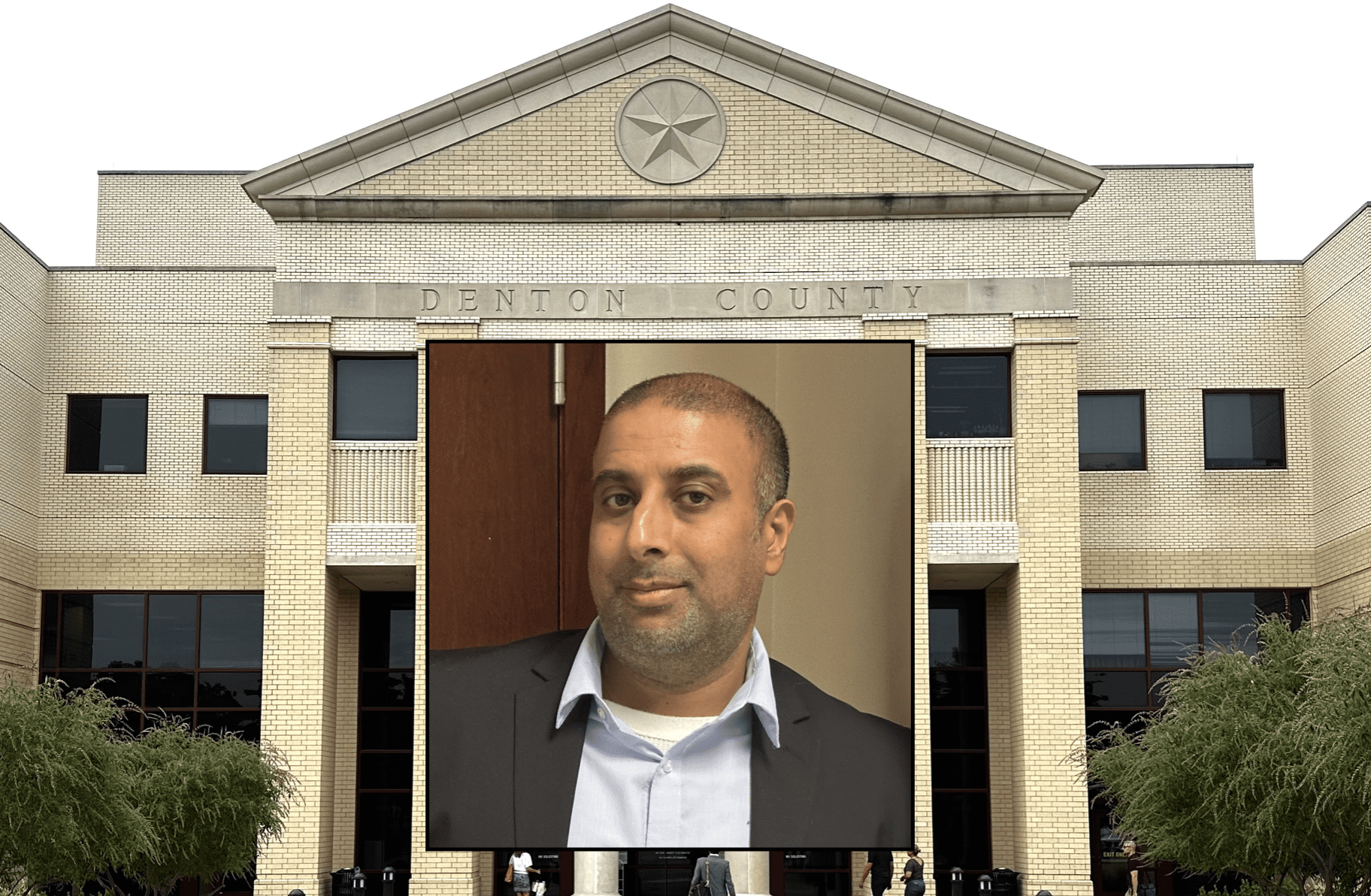In 2003, the State Legislature passed the tuition deregulation plan which gave university systems the ability to raise their own tuition rates. Previously, the tuition rates for state universities were controlled by the State Legislature. We were assured by university presidents and regents that the power to raise tuition with limited legislative oversight would not be misused, but that there were legitimate budget for universities that would not be funded by the legislature.
Over the past four years under the “unlimited tuition plan,†universities have increased tuition as much as 35 percent per school in some cases. This increase in tuition has priced many students out of higher education and put many families in financial hardship, bankrupted the original Texas Tomorrow Fund, and reduced the amount of students receiving legitimate student aid. The Legislature and the university presidents both understand the financial hardships they have put on students and their families, but in true bureaucratic style, instead of working on the root of spending problem, they have instead allowed Proposition 2 to come before the voters.
Proposition 2 allows the Texas Higher Education Coordinating Board (THECB) to sell bonds to give an additional $500 million in student aid for college students. What is wrong with this? One government bureaucracy (THECB) is increasing its own bureaucracy by taking out 30-year loans at taxpayer expense to give money to another bureaucracy (state university) which is spending money without control. These universities are allowed to raise their own tuition while at the same time are having their legislative appropriations increased. It is the best of both worlds for university bureaucracies. We now have the uncontrolled spending policies of one bureaucracy being offset by additional spending by another bureaucracy. And, the worst part, the students that are receiving this aid will be paying back the bonds, with interest, for the next 30 years.
The intent of Proposition 2 is to benefit college students, but in fact, all it benefits is the public university systems in Texas. Texas truly needs a competitive university funding system to drive the cost of higher education down while driving the quality of the education up. We currently have the exact opposite situation happening in Texas, costs are increasing while quality is decreasing, and now current taxpayers and future taxpayers will be required to pay for even more of it.



